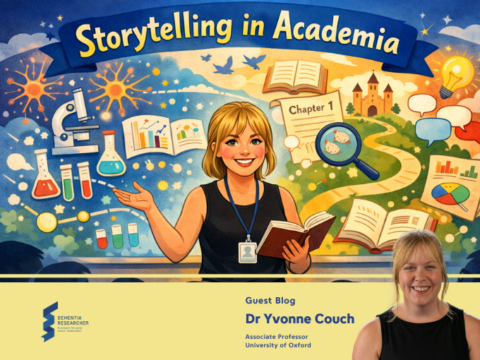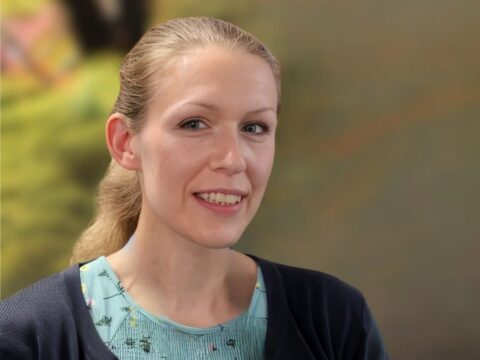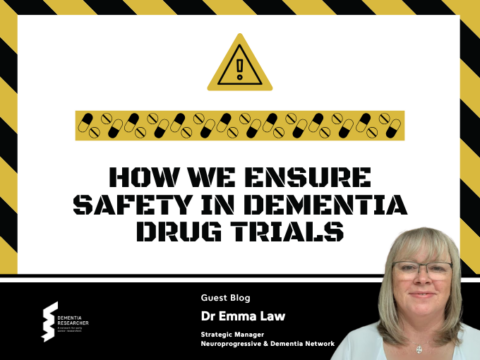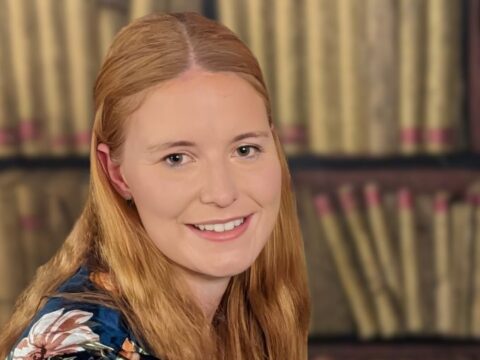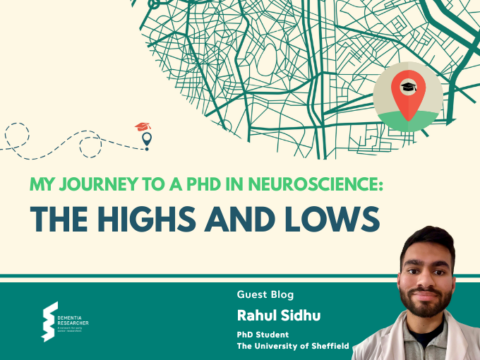It’s that time of year where the deadline for many doctoral training programs is approaching – this means that at some point soon, if you’ve applied for one of these, you may be hearing if you’ve reached the next stage – the interview.
Now before I begin, I must say that I am no PhD interview expert. However, I was accepted on to a PhD program so I did something right (or I at least did something that the panel liked). So, I thought I’d share with you some tips that I used in my own interview.
Fail to prepare, prepare to fail
This quote seems to have followed me around my whole life. In primary school, my maths teacher had it stuck to his door. Then again in my first year of secondary school my head of year had it in his office and would say it to us all over and over again – and you know what? They were both right. If you don’t prepare, the chances are you will fail. If you want to do your best in a PhD interview, I cannot stress enough that you need to be as prepared as a you can be. For example, if they ask you to present some work, make sure that you’ve practised your presentation before the day and make sure that you understand what you are presenting. It’s also very helpful to practise the presentation in front of others – so that the first time you do present it’s not to the PhD panel.

Interview involve asking you about your academic background, research interests & goals. You may also be invited to expand upon parts of your PhD application + say why dementia is important to you.
Additionally, make sure to read around the topic area – read current papers in your research area and make sure to be up to date with the current research the lab is doing. This is important as it not only shows you’re interested in the research area but the panel may also ask you questions about the research topic. For example, during my own interview I was asked about models of Alzheimer’s disease and specifically about what the BOLD response was – two very specific questions related to the project. One of them I’d prepared for and it went very well, however, the other I hadn’t done much reading on and let’s just say, my answer could have been better.
You’re unlikely to know all the questions that the panel will ask you in the interview but you can be very sure that they will ask you why YOU want to do a PhD. So why do you want to do a PhD? This is one of those answers that you can most definitely prepare. In your answer, be honest, tell them why you want to pursue a PhD – is it because you want to be a researcher? Do you want to one day run your own lab group? Do you enjoy learning, and being challenged? The panel want to see that you’ve really thought about a PhD and that you’ve also thought about the challenges ahead and how getting a PhD will help you in your future career.
Other common questions the panel may ask:
- Tell us about a time you had a problem in your research and how you overcame it.
- What are your strengths and weaknesses?
- If you had a problem in your PhD, such as an important piece of equipment was not working, what would you do?
Give examples throughout your interview.
The panel want to know why you should be awarded the position. Do you have relevant experience? Have you used a similar technique previously? Do you have experience programming?
When answering some of the questions it may be helpful to use the STAR technique. If you’ve not heard of the STAR technique, it’s a great way to answer competency-based interview questions and it allows you to show the panel how you would approach a situation/have approached situations in the past.
- Situation: Tell the panel about the context. What were you doing? Describe the situation.
- Task: Tell the panel what task you had to do; did something go wrong so you had to take initiative? Did you have to meet a target/deadline?
- Action: Tell them exactly what you did. Make sure to emphasise what you did even if you were working in a group.
- Result: Tell them how what you did/put into place impacted the outcome. Was the deadline met on time etc? It could also be good to expand on what you learned from the experience.
For more information on using the STAR techniques this article from the Balance Career website might help.
Ask questions
Towards the end of the interview the panel are very likely to ask you if there is anything you want to ask them. Interviews can be nerve wracking and in high pressure situations it can sometimes be difficult to think on your feet and think of questions in the moment, so it can be helpful to have some prepared ones. The following are good examples which could be used for many different programmes:
- Will there be opportunities for me to gain teaching experience?
- Will there be opportunities to collaborate with other groups?
- What is your supervision style?
- What are recent lab members doing now?
- How does the funding work for this project?
- Will I manage my own budget?
- Are there opportunities to write up papers for publication?
So, make sure to prepare, give examples throughout your interview and ask questions. Good luck!
investigation.
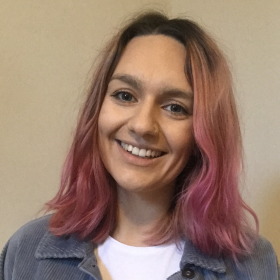
Beth Eyre
Author
Beth Eyre is a PhD Student at The University of Sheffield, researching Neurovascular and cognitive function in preclinical models of Alzheimer’s disease. Beth has a background in psychology, where she gained her degree from the University of Leeds. Inside and outside the lab, Beth loves sharing her science and we are delighted to have her contributing as a regular blogger with Dementia Researcher, sharing her work and discussing her career.

 Print This Post
Print This Post
